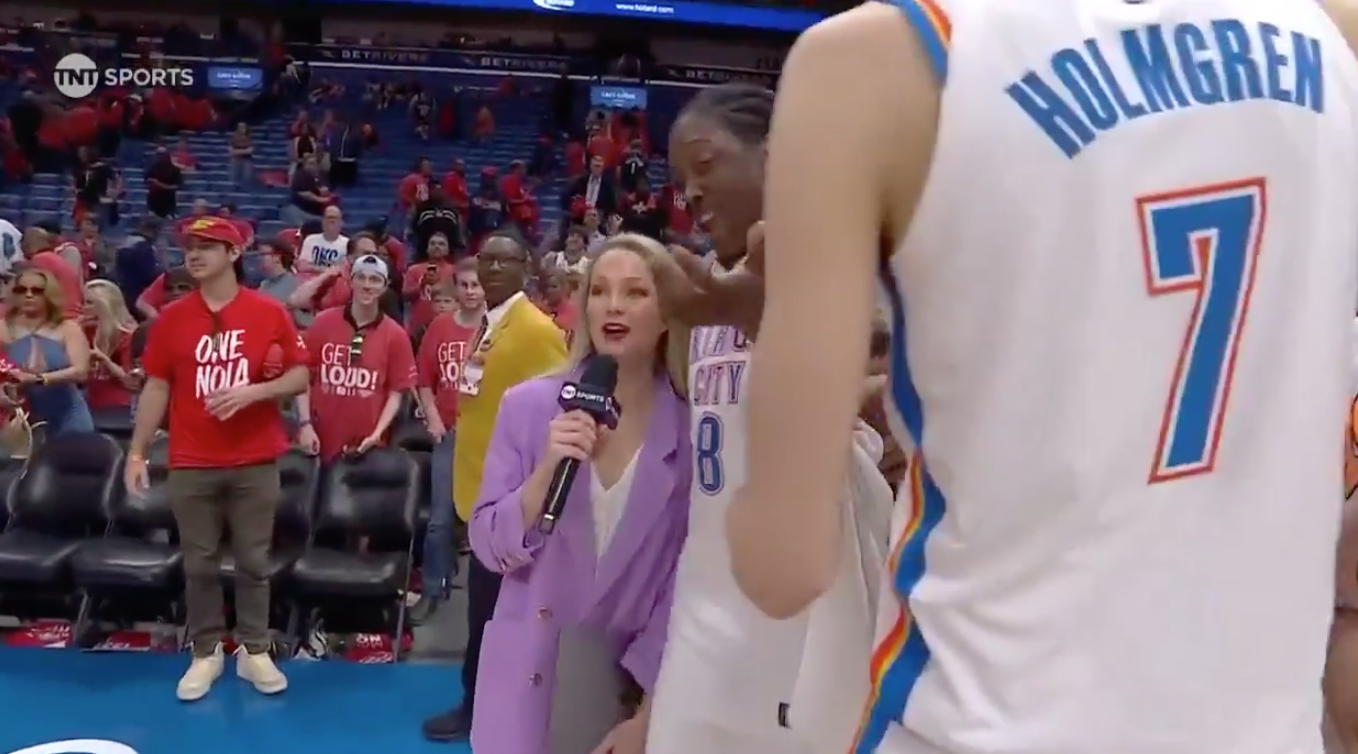As the landscape of college athletics continues to shift, it seems like a matter of not “if” but rather “when” the Power Five conferences will split from the NCAA.
And according to one Power Five athletic director, that day might be coming sooner rather than later.
In a story published on Tuesday, Yahoo’s Ross Dellenger examined the state of college sports against the backdrop of the House vs. NCAA antitrust lawsuit. In doing so, Dellenger shared comments that were recently made by Maryland athletic director Damon Evans while speaking to leaders of the Knight Commission, “a group of mostly former and current college athletic administrators promoting educational reforms in college sports.”
“I do believe five years from now that we will be at a point where we are sharing revenue with student-athletes,” Evans said, per Dellenger. “To think we are not going to be sharing some of those revenues… we are going to be there. It would not surprise me to see some sort of different type of governance structure in place that separates the A5 out from the current structure.”
Dellenger went on to note that the biggest threat to the current NCAA model may very well be the House lawsuit, which was filed by three former Division I athletes — all at Power Five schools — in 2020. The lawsuit is seeking as much as $3 billion in retroactive NIL and broadcasting revenue payments to athletes, as well as the elimination of the NCAA’s NIL rules, which could pave the way for direct payments to players.
Whether it’s a ruling or a settlement, the outcome of the case is expected to reshape the college athletics landscape. And a part of that could include the Power Five conferences — officially known as the Autonomy Five or A5 — splitting from the NCAA and forming their own governing body.
“I do believe there is going to be a change,” Evans said. “When I say that, I don’t say that in a fashion that if the Power Five moved away for some reason, that you can’t have competition amongst everyone. The reason I say that is because if you’re going to be the ones paying the freight for [the House lawsuit], why should we not control the revenue?”
Obviously, there is still a lot that needs to be worked through before that happens, especially as it relates to the Olympic/non-revenue sports and the non-Power Five conferences. It’s also worth noting that the future of the A5 itself remains unclear considering the uncertainty of the Pac-12, which will only have two schools next year and could be on the verge of a merger with the Mountain West.
As has been the case for a while now, the only constant in college athletics appears to be change. But if Evans’ prediction proves correct, the industry’s biggest shift might only be a few years away.
[Yahoo]







